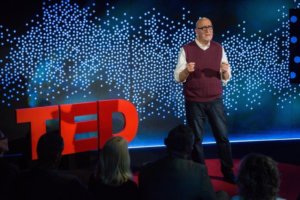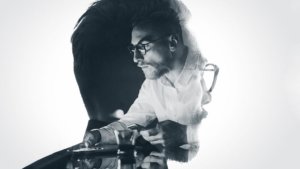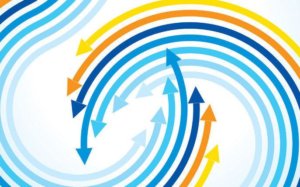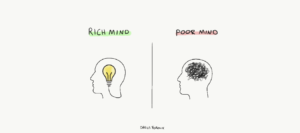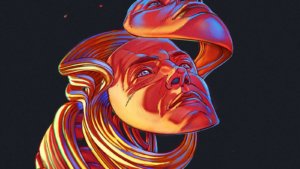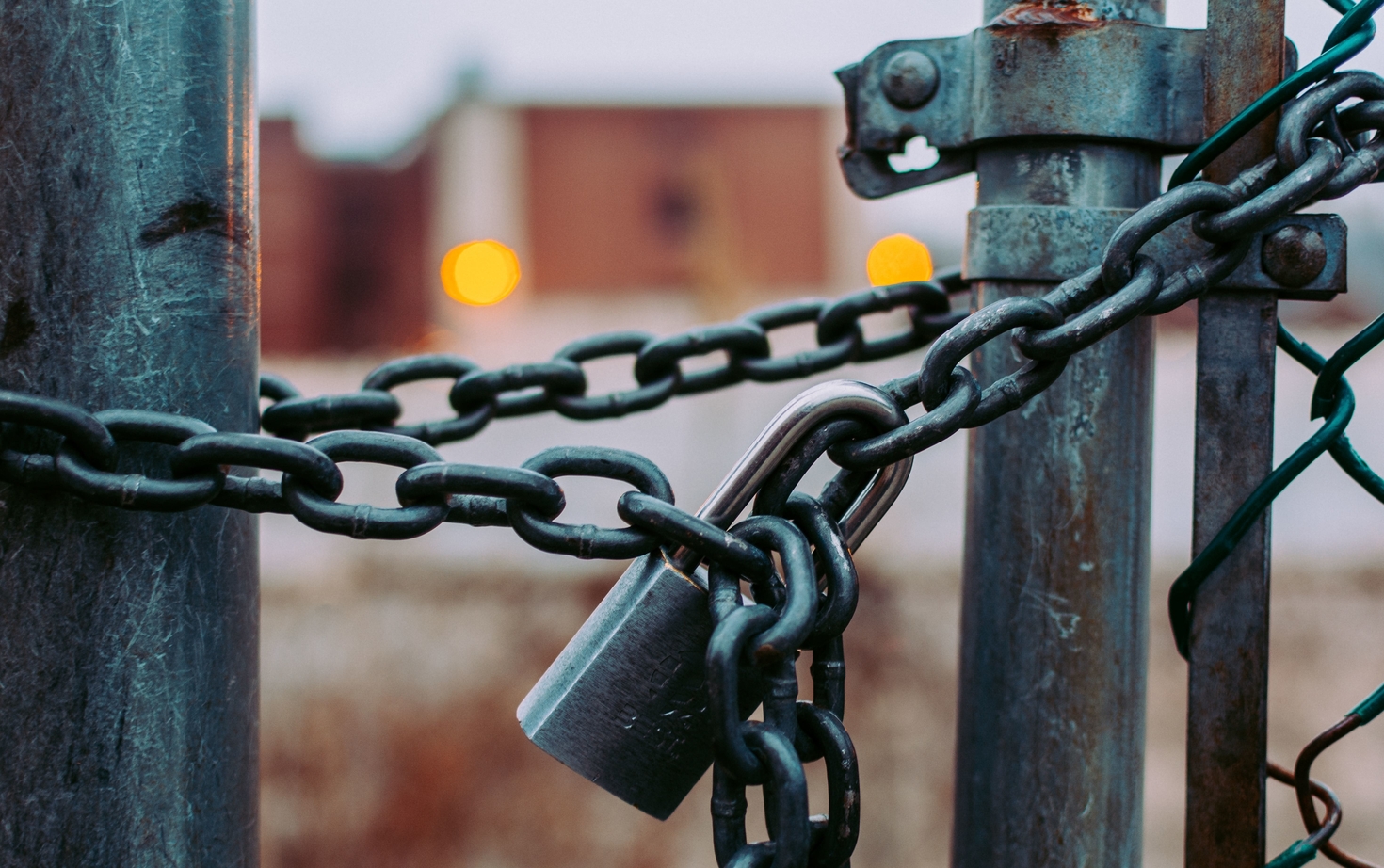
Leonardo da Vinci’s Mona Lisa, Albert Einstein’s Theory of Relativity or Beethoven’s Moonlight Sonata; There is no reason why we cannot agree that these works are the work of a great creative mind. I leave the Moonlight Sonata by Beethoven at the bottom of the article to accompany you as you read the article. Enjoyable reading now.
Dreaming is the most important thing that moves us forward. It improves our world. New ideas, new inventions come to mind. So, what do we do to motivate ourselves to be more creative ? Why do we throw our imaginations aside and watch it pick up dust? Where is the imagination we had as children now? Now, I will answer these questions under 3 different interrelated titles, based on scientific research.
Creative Imagination
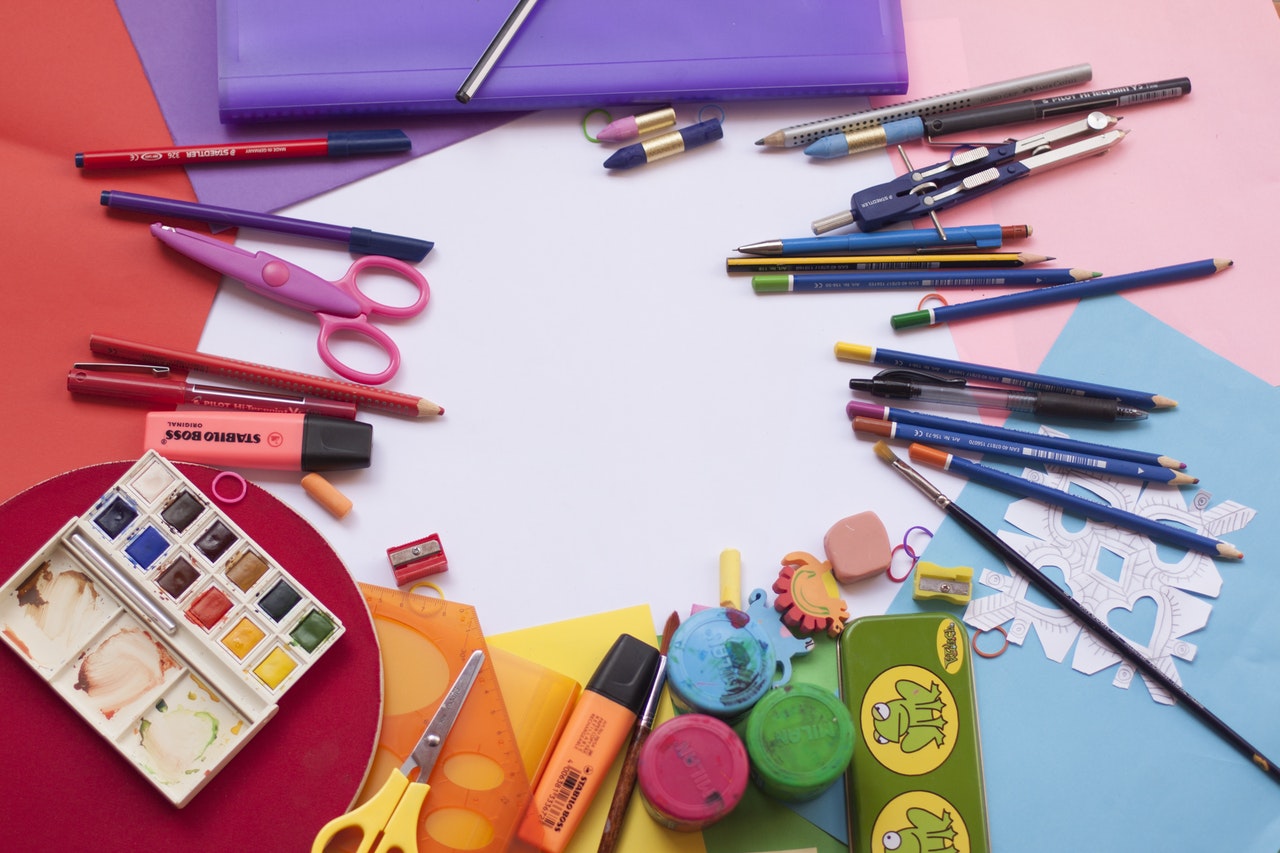
We normally see “creative imagination” as discovering something big and groundbreaking or composing an opera. We perceive differently from our daily creativity, such as creative solutions to problems at home or making crafts.
Having a creative imagination is indeed hard to find. Therefore, educating and developing creativity has been the goal of many artists and scientists.
So, is this possible? Can creativity be developed by training?
We know that some people have a more creative mind than others. But research shows that creative imagination is a skill that can be developed through our environment or acquired through hard work.
For example, empirical research shows that when children spend time with creative content or watch people with high creative imaginations, they themselves become increasingly creatively imaginative.
Creative imagination has two stages.
“Divergent thinking” is the ability to think about a wide variety of ideas that are related to the main problem or topic. It tends to be supported by intuitive thinking that is fast and automatic.
Next, we need “convergent thinking” to help us evaluate ideas on the main problem or issue. This process is supported by analytical thinking. In this way, we choose the right idea slowly and cautiously.
So if you want to write a masterpiece, brainstorming meetings with your friends or taking a creative thinking class can help.
Remember, these do not necessarily mean that they will help you have good creativity. Because creative success isn’t about finding inspiration. The important thing is to experience and learn from mistakes.
Fantastic Imagination
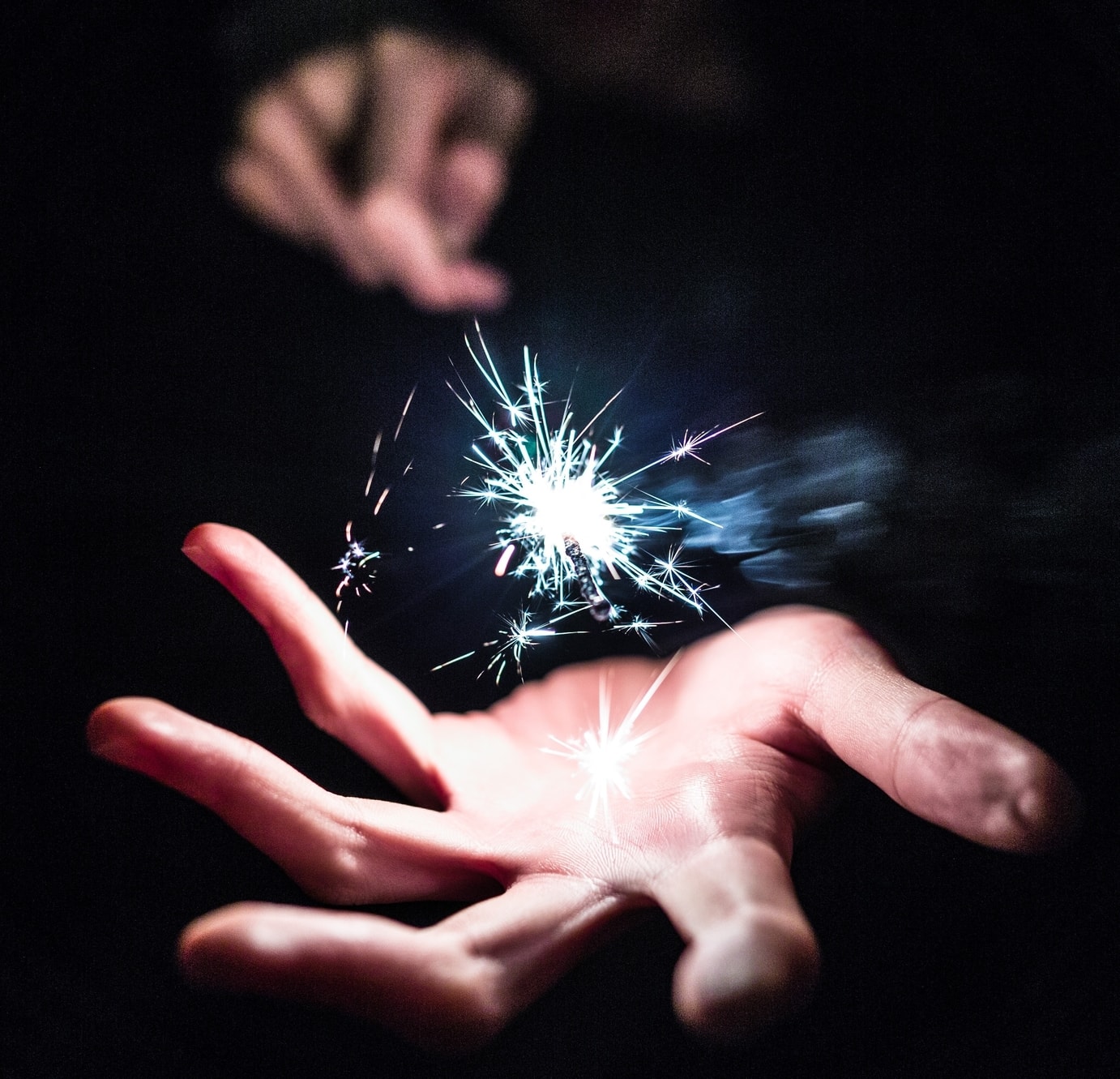
For many people, the key to a successful and creative project is the ability to be fully committed to an idea. For this we need what scientists call “fantastic imagination” .
However, fantastic imagination may not seem like a desirable skill at first glance, given that it can increase day-to-day daydreaming and distract us from our day-to-day chores. It even has a dark side. One’s fantastic imagination tends to increase escapism towards traumatic events.
Of course there are benefits too. fantastic participation in children; It is associated with increased creative imagination, narrative ability, and gaining perspective. For adults, it also helps with memory consolidation, creative problem solving and planning development.
This is also a skill you can increase. Research shows that children who are encouraged by their parents to play or act in theater at an early age have a higher fantasy disposition later in life. And remember, it’s never too late to start, amateur gamers are known to have fantastic imaginations too.
Episodic Imagination
“Episodic imagination” is similar to the fantastic imagination, but when we visualize events in our minds, we mainly use real, i.e. episodic memory details, rather than imaginary details.
This helps individuals to better imagine the past and learn from their mistakes, or to imagine their future and prepare for it. A small study shows that individuals with a higher capacity for visual imagery experience more sensory details when imagining their future.
What’s more, although there have been “dream and achieve success” recommendations in self-help books for years, this is actually the opposite of what we should be doing. The best preparation for the future is to imagine the process , not the outcome, of the event we want to happen in the future.
In a study of a group of students, the first group imagined that they did better to get a good score on the exam , while the second group imagined getting better scores on their exams, and the first group’s grades were significantly better than the second group’s grades. Maybe it’s time to take a different view while dreaming of success.
We all have varying degrees of creative abilities, and it’s really hard to imagine a future where humanity won’t have those abilities. So don’t stop trying to activate your imagination. Now is the time to complete your half-finished composition, scientific research or novel.
Albert Einstein: “The true indicator of intelligence is not knowledge, but imagination.”

